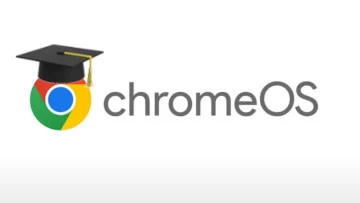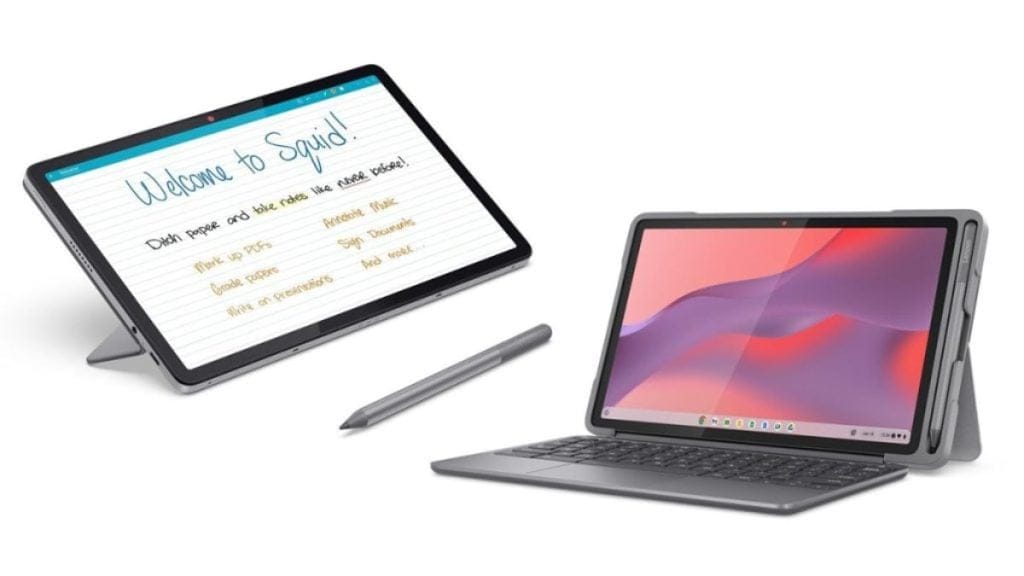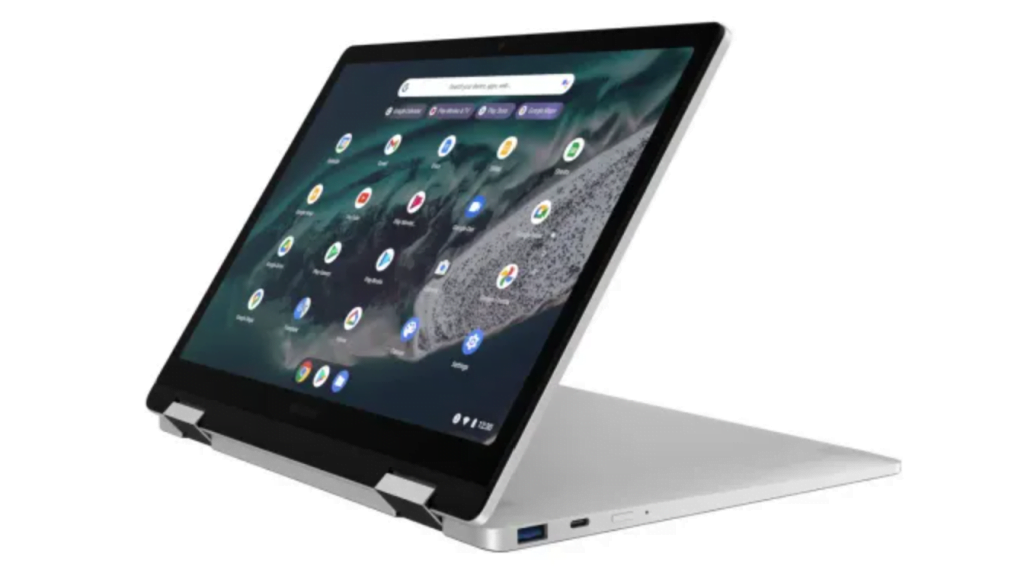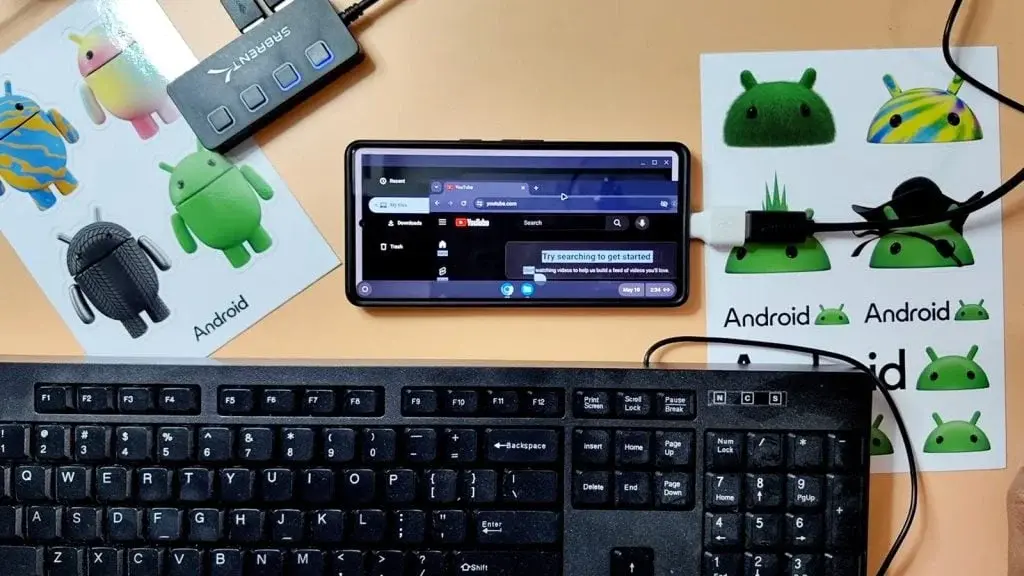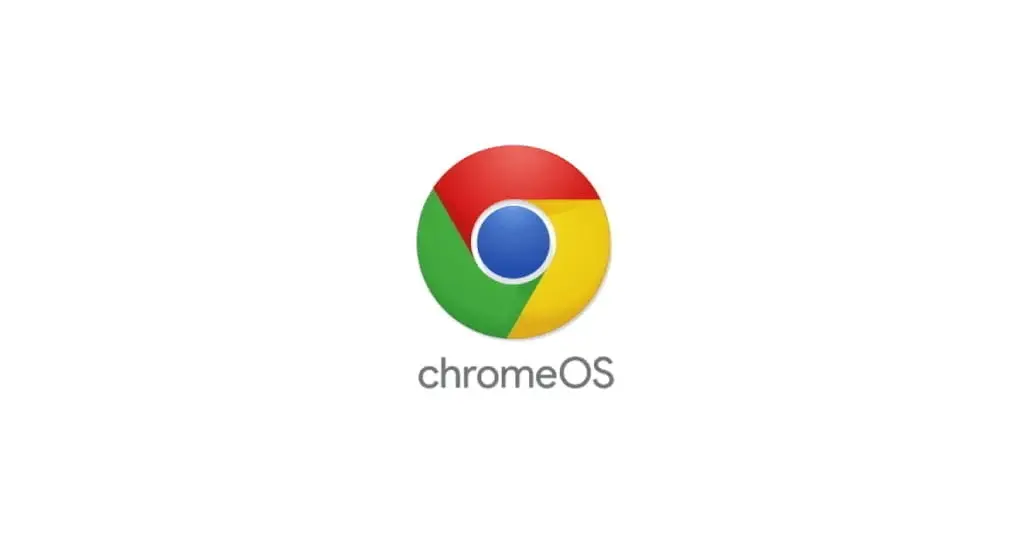Google’s ChromeOS is likely the most widely used operating system in classrooms, and it’s set to become even more advanced.
New Features at BETT Show
During the BETT Show (British Educational Training and Technology), Google introduced some exciting features that will be part of ChromeOS 132. One of the standout additions is Face Control, enabling users to navigate and interact with ChromeOS using just their facial movements. Originating from Project Gameface, which was launched last summer, this feature allows users to utilize a ChromeOS device’s front-facing camera to move the mouse cursor and click by tilting their heads or making facial expressions. This innovation could greatly assist students and ChromeOS users with motor disabilities, making it easier for them to engage with devices like the Asus Chromebook CX1, currently priced at $236.63 on Amazon.
Enhancements for Accessibility
Additionally, there will be enhancements to ChromeOS’s text-to-speech functionality, featuring more lifelike voices. The voice recognition capabilities are also set to improve, benefiting users who depend on speech-to-text services.
On the educational management front, Chromebooks will gain a new tool designed to help teachers keep their students focused. This tool, named Class Tools, simplifies monitoring and controlling connected Chromebooks for teachers or instructional aides. It also allows teachers to share their screens with student Chromebooks and even show live-translated captions.
NotebookLM and Chromebox OPS
A new language model, NotebookLM, is being introduced to collaborate with Google’s Gemini to create lesson plans and summarize class notes for students. Educators can utilize this tool to provide students access to a class-specific AI language model, aiding them in their studies.
Furthermore, Chromebox OPS will enable users to transform compatible smart boards into fully functional ChromeOS devices, significantly boosting the boards’ capabilities.
IT administrators will also receive new features to provide them “greater control over third-party applications, Google Forms, and digital signatures,” as stated by Google. Additionally, admins will be able to extend a student’s access to their classroom work even after graduation, allowing them to take their digital projects home.
Upcoming Products in 2025
Finally, Google announced that over 20 new Chromebooks will be released in 2025, catering to both the educational sector and the general consumer market.
Source:
Link

